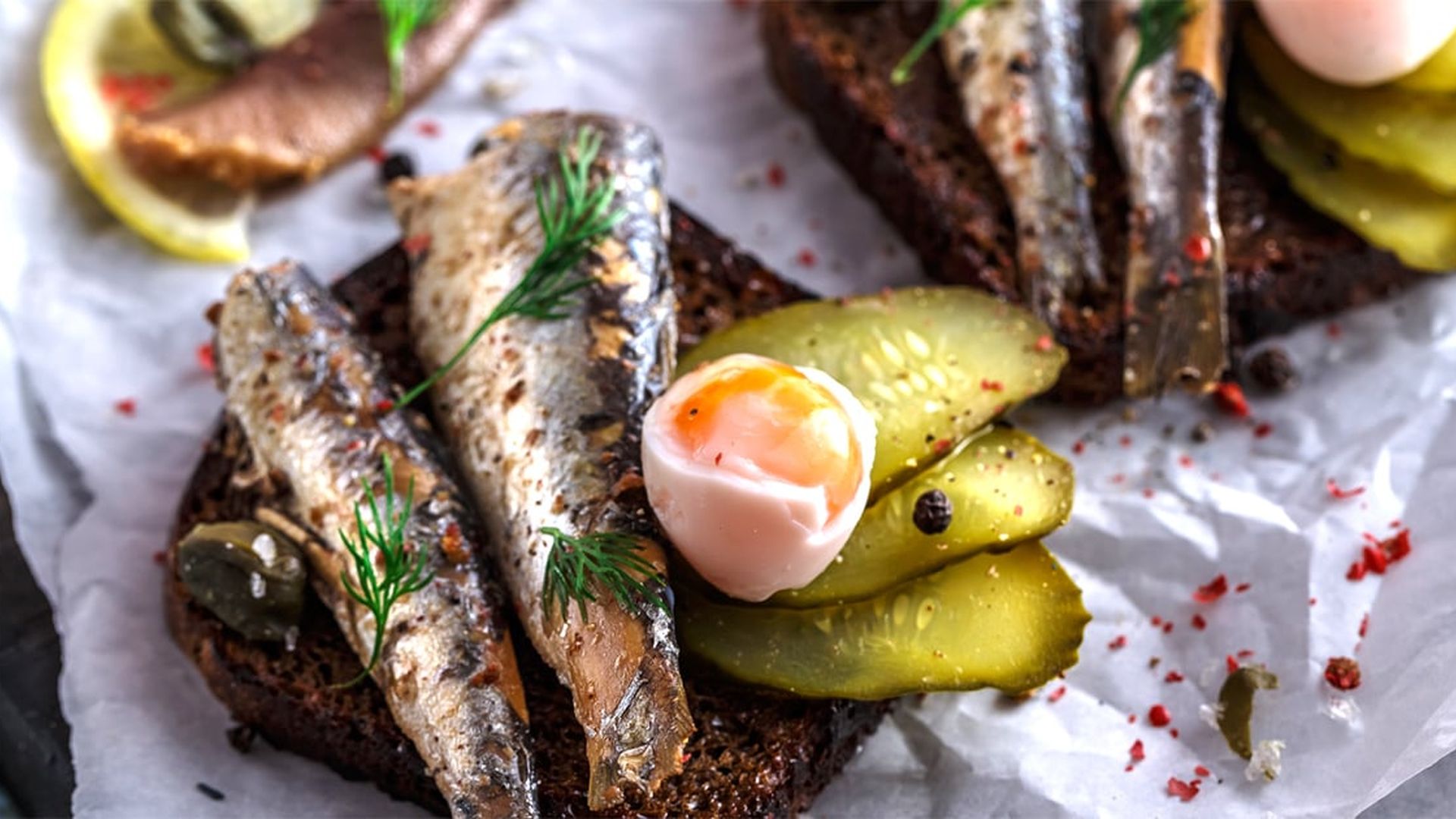Figuring out the best foods to eat when you have diabetes doesn’t have to be tough.
To keep things simple, your main goal should be managing your blood sugar levels.
It’s also important to eat foods that help prevent diabetes complications like heart disease.
Your diet can have a major role in preventing and managing diabetes. Here are the 7 best foods for people living with diabetes, both type 1 and type 2.
Fatty fish
Salmon, sardines, herring, anchovies, and mackerel are great sources of the omega-3 fatty acids DHA and EPA, which have major benefits for heart health.
Getting enough of these fats on a regular basis is especially important for people with diabetes, who have an increased risk of heart disease and stroke.
DHA and EPA protect the cells that line your blood vessels, reduce markers of inflammation, and may help improve the way your arteries function.
Research indicates that people who eat fatty fish regularly have a lower risk of acute coronary syndromes, like heart attacks, and are less likely to die from heart disease.
Studies show that eating fatty fish may also help regulate blood sugar.
A study involving 68 adults who had overweight or obesity found that participants who consumed fatty fish had significant improvements in post-meal blood sugar levels than participants who consumed lean fish.
Fish is also a great source of high quality protein, which helps you feel full and helps stabilize blood sugar levels.
Leafy greens
Leafy green vegetables are extremely nutritious and low in calories.
They’re also very low in digestible carbs, or carbs absorbed by the body, so they won’t significantly affect blood sugar levels.
Spinach, kale, and other leafy greens are good sources of many vitamins and minerals, including vitamin C.
Some evidence suggests that people with diabetes have lower vitamin C levels than people without diabetes, and they may have greater vitamin C requirements.
Vitamin C acts as a potent antioxidant and also has anti-inflammatory qualities.
Increasing dietary intake of vitamin C-rich foods can help people with diabetes increase their serum vitamin C levels while reducing inflammation and cellular damage.
Avocados
Avocados have less than 1 gram of sugar, few carbohydrates, a high fiber content, and healthy fats, so you don’t have to worry about them raising your blood sugar levels.
Avocado consumption is also associated with improved overall diet quality and significantly lower body weight and body mass index (BMI).
This makes avocados an ideal snack for people with diabetes, especially since obesity increases the chances of developing diabetes.
Avocados may have properties specific to preventing diabetes.
A 2019 study in mice found that avocatin B (AvoB), a fat molecule found only in avocados, inhibits incomplete oxidation in skeletal muscle and the pancreas, which reduces insulin resistance.
More research is needed in humans to establish the connection between avocados and diabetes prevention.
Eggs
Regular egg consumption may reduce your heart disease risk in several ways.
Eggs may decrease inflammation, improve insulin sensitivity, increase your HDL (good) cholesterol levels, and modify the size and shape of your LDL (bad) cholesterol.
A 2019 study found that eating a high fat, low carb breakfast of eggs could help people with diabetes manage blood sugar levels throughout the day.
Older research has linked egg consumption with heart disease in people with diabetes.
But a more recent review of controlled studies found that eating 6 to 12 eggs per week as part of a nutritious diet did not increase heart disease risk factors in people with diabetes.
What’s more, some research suggests that eating eggs may reduce the risk of stroke.
Chia seeds
Chia seeds are a wonderful food for people with diabetes. They’re extremely high in fiber, yet low in digestible carbs.
In fact, 11 of the 12 grams of carbs in a 28-gram (1-ounce) serving of chia seeds are fiber, which doesn’t raise blood sugar.
The viscous fiber in chia seeds can actually lower your blood sugar levels by slowing down the rate at which food moves through your gut and is absorbed.
Chia seeds may help you achieve a moderate weight because fiber reduces hunger and makes you feel full. Chia seeds may also help maintain glycemic management in people with diabetes.
A study involving 77 adults with overweight or obesity and a diagnosis of type 2 diabetes found that eating chia seeds supports weight loss and helps maintain good glycemic control.
Additionally, chia seeds have been shown to help reduce blood pressure and inflammatory markers.
Beans
Beans are affordable, nutritious, and super healthy. Beans are a type of legume rich in B vitamins, beneficial minerals (calcium, potassium, and magnesium), and fiber.
They also have a very low glycemic index, which is important for managing diabetes.
Beans may also help prevent diabetes.
In a study involving more than 3,000 participants at high risk of cardiovascular disease, those who had a higher consumption of legumes had a reduced chance of developing type 2 diabetes.
Greek yogurt
A long-term study involving health data from more than 100,000 participants found that a daily serving of yogurt was linked to an 18 percent lower risk of developing type 2 diabetes.
It may also help you lose weight, if that’s a personal goal.
Studies show yogurt and other dairy foods may lead to weight loss and improved body composition in people with type 2 diabetes.
The high levels of calcium, protein, and a special type of fat called conjugated linoleic acid (CLA) found in yogurt may help keep you full for longer.
What’s more, Greek yogurt contains only 6–8 grams of carbs per serving, which is lower than conventional yogurt.
It’s also higher in protein, which may promote weight loss by reducing appetite and thus decreasing calorie intake






